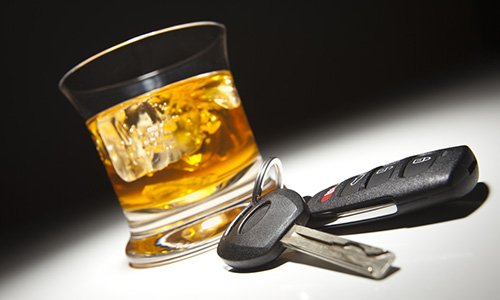The ability to drive in the United States is not a right of it's citizens, the law views it as a privilege. When you get a driver's license in the large majority of states, you're also agreeing to 'implied consent.' This is the agreement that if you are suspected of being under the influence of either drugs or alcohol, you will undergo chemical testing to determine your blood alcohol content (BAC).
You may be thinking that it would best to refuse to consent to the testing. However because of these implied consent laws, you may face serious fines and the loss of your license for 7 months the first time you refuse. The second and third times you refuse carry a loss of 2 and 10 years respectively If you have been previously arrested for a DUI/DWI these penalties may be higher. Refusing also doesn't mean that you won't be charged with a DUI/DWI the officers can still arrest you based on the field sobriety tests and their overall observations of your driving/behavior. In extreme cases the police can get a warrant to test your BAC but these are rare instances.
A good attorney is the key to a successful defense. They will be able to argue not only the validity of the initial stop but the field sobriety tests and the breath tests.
If you are seeking representation for a DWI/DUI/DRE call today for a free consultation 800-709-1131 or fill out a contact form on our website for a no-cost consultation.We hope to hear from you today!



